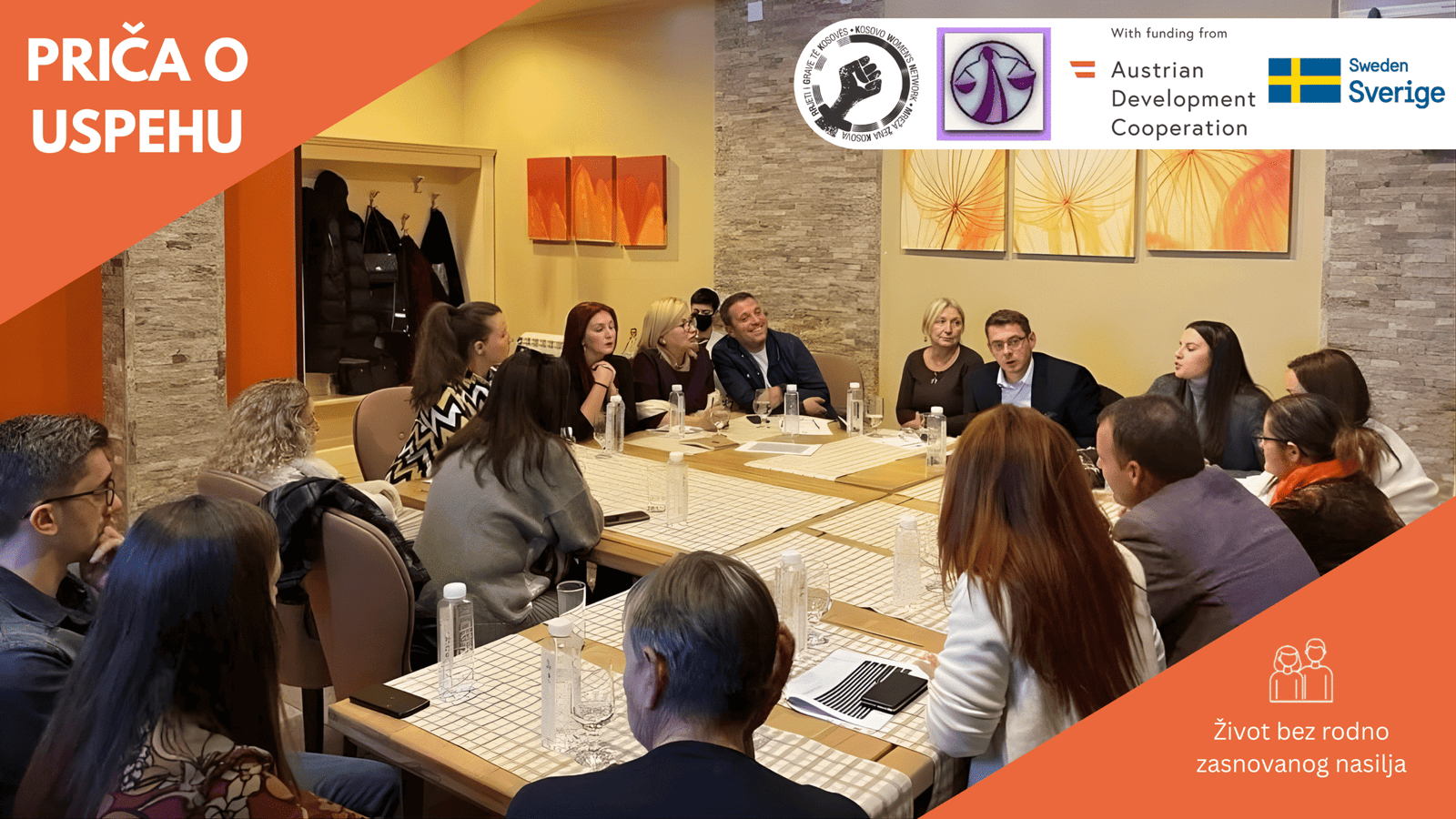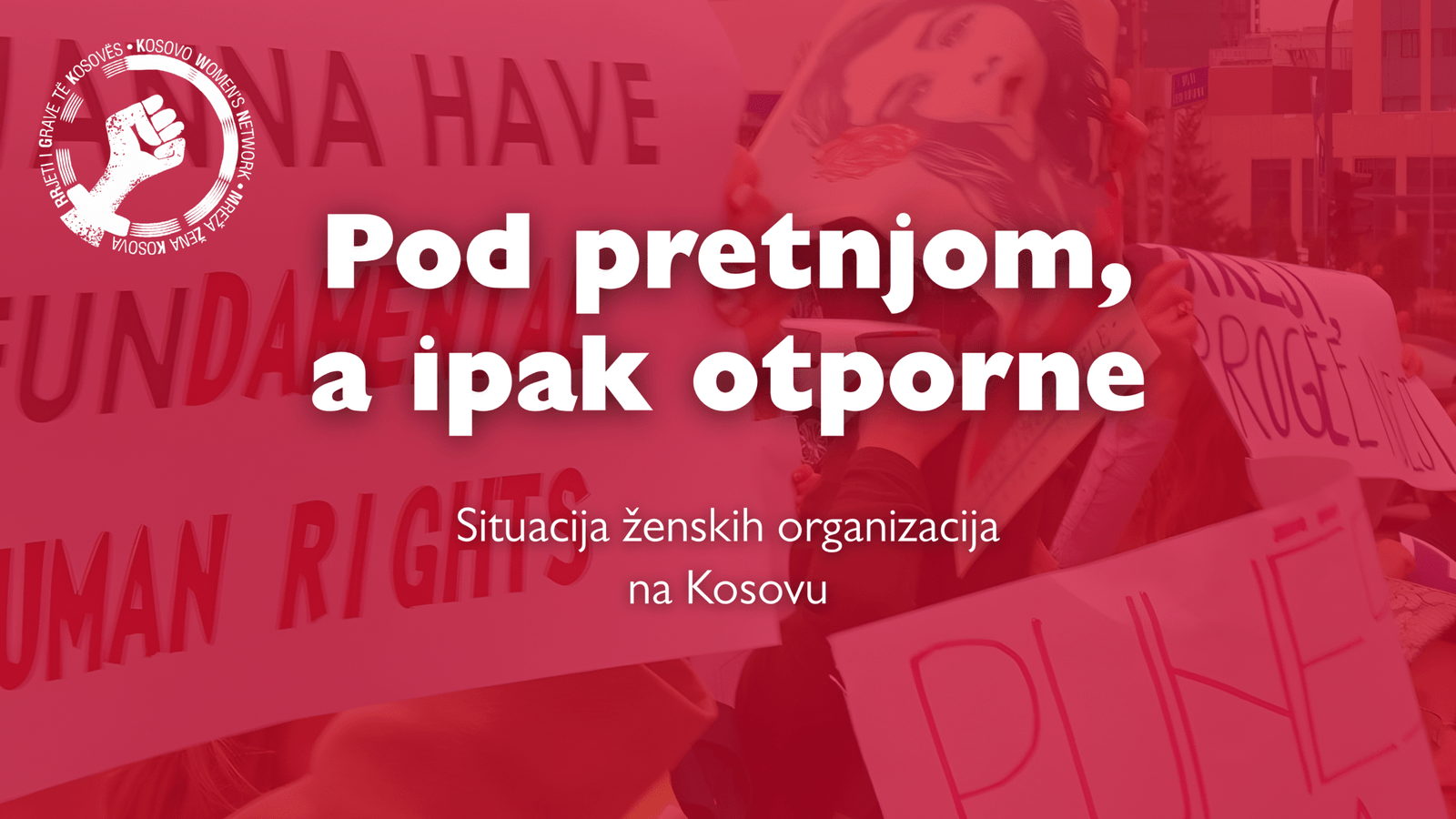On 22 Nov., the European Parliament (EP) in cooperation with the Kvinna till Kvinna Foundation organized a debate in Brussels, where panellists discussed: “Is the EU Accession Process delivering for women in the Western Balkans?” Members of the European Parliament (MEPs) Jozo Radoš, Alliance of Liberals and Democrats for Europe (ALDE), Julie Ward, Socialists and Democrats (S&D) and Eduard Kukan European People’s Party (EPP) co-hosted the event. In addition to these MEPs, other panellists included Liselotte Isaksson, Head of Sector Civil Society and Inclusion in Directorate-General for Neighbourhood and Enlargement Negotiations (DG NEAR); Morten Jung, Senior Advisor for Western Balkans at DG NEAR; and women’s rights activists from the region, including Nicole Farnsworth, KWN Program Manager and Lead Researcher.
The half-day debate involved three panels focusing on: I) Mainstreaming gender and women’s rights in the EU Accession process: examples from Country Progress Reports; II) social reforms including maternity leave: who benefits?; and EU funding for women’s organisations: and III) what are the challenges and opportunities?
Drawing from recent research findings, in her remarks, Nicole emphasized the important role that women’s rights organizations play in bringing about sustainable changes within their communities. Further, she noted that the EU Gender Action Plan II recognizes this role and thus encourages the EU to support women’s rights organizations. Despite the Gender Action Plan II’s clear indicators related to funding for women and girls, as well as for women human rights defenders, respectively, current EU E-Systems do not enable the EU to track adequately these expenditures. Thus, one recommendation was for the EU’s new, forthcoming electronic data management system to include indicators related to funding for women and girls, as well as for women’s rights organizations.
Moreover, Nicole spoke about women’s rights organizations’ funding needs and different types of funding modalities for reaching diverse organizations. She suggested that the EU use a “healthy mix” of funding modalities that include longer-term, larger sub-granting programs towards better reaching medium and smaller organizations (such as based on the positive model of the Kosovo Women’s Fund); Action Grants that address gender inequalities, as identified in Progress Reports and EU country Gender Analyses; Operating Grants as multi-year Framework Partnership Agreements to better support organizations’ long-term strategic initiatives; and contracting local gender experts to support the EU in realizing its aims to implement the Gender Action Plan II. More information from Nicole’s presentation is available here: http://www.womensnetwork.org/documents/20171201123609298.pdf.
Nicole’s trip to Brussels involved several other important advocacy meetings. Together with representatives of the Kvinna till Kvinna Foundation and other women’s rights activists from the region, she also met with the Swedish representation in Brussels to discuss opportunities for collaboration in realizing the aims of Sweden’s Feminist Foreign Policy. With fellow activists, Nicole also met with Liselotte Isaksson to discuss further needs and opportunities related to funding for women’s rights organizations; Mariam Wehbe-Herrera, Policy Assistant on Gender Equality within DG NEAR to collaborate towards implementing the EU Gender Action Plan II; MEP Clare Moody to discuss opportunities for the EP to earmark funds for women’s organizations; Gaby Hagmüller and Sonja Nita from the Centre of Thematic Expertise on Civil Society Support; and Julia Mueller-Hellmann, Judiciary and Human Rights Policy Officer, and Farina Ahäuser, Assistant Policy Officer, Political Desk from DG NEAR Kosovo Unit to discuss issues of concern in Kosovo in the context of the forthcoming Progress Report.
This trip was supported by the EP and the Kvinna till Kvinna Foundation.

.jpg)





